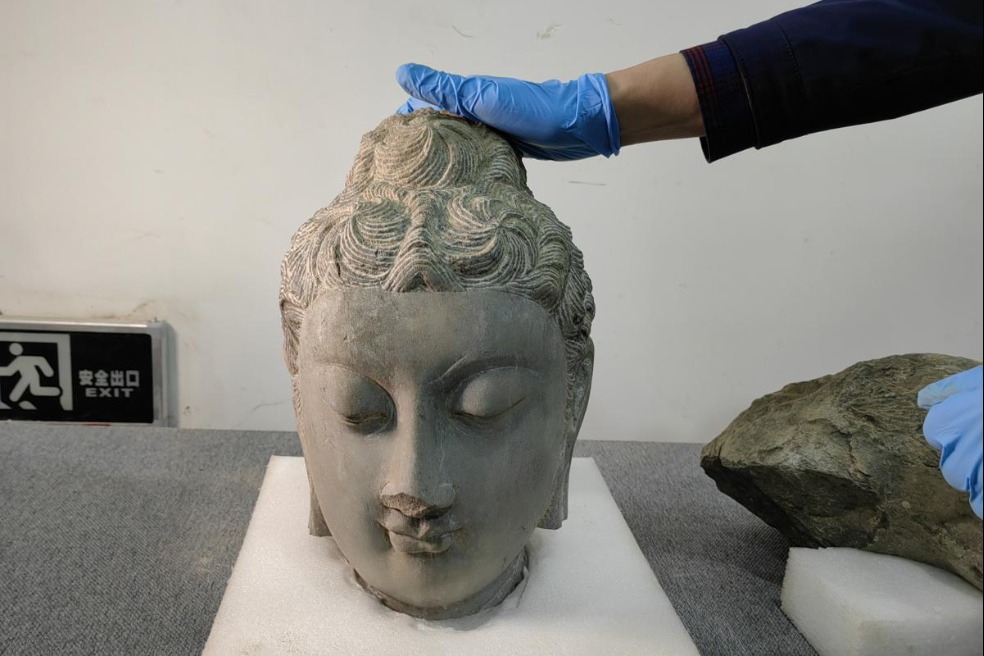A revolution in the world of communist literature
By ZHANG ZHOUXIANG | China Daily Global | Updated: 2022-05-05 09:34
When talking about their middle and high school days, many friends often complain how politics as a subject was both difficult and boring. The textbooks had names of foreigners that were difficult to remember, the content included theories that were often difficult to comprehend, and the exams no less difficult.
Many will admit that they struggled with the text and failed to understand what was being said, although they found a way to pass the exams.
However, as they grew up, many started understanding the importance of Marxist classics in guiding people's thoughts. The more one reads Capital, the more one understands how the world functions and how money flows from one country or one region to another. The more one reads Communist Manifesto, the more one understands world history and how it evolved to become what it is today. Not only the theories, but also the background of the times in which these were written appeal to readers today.
The localized versions are even more helpful. If you are facing any problem in life, just read through On Practice and On Contradiction, the two famous essays by Mao Zedong, and ask yourself the following question:
What's at the core of the problem? And then one can make a plan to solve it step by step. That's how the two essays written 85 years ago have been guiding people even today.
Yet the problem lies not in recognizing the value of the Marxist classics. Everybody knows the books are valuable and helpful, and every media outlet calls for strengthening education on them. However, how to make these classics that have been lighting up the way for so many across time attractive enough for today's young students remains a challenge.
Nineteen years have passed since I graduated from high school, and the way they teach politics in schools has undergone a lot of change. When I visit middle and high schools now, I find that teachers today, instead of doling out boring theories, are now telling interesting stories in even more interesting ways to their students.
I recall how a high school teacher, when explaining Communist Manifesto to her students, made some students enact the roles of Karl Marx, his girlfriend Jenny von Westphalen, and Frederick Engels to reconstruct the scenario in which the great work was written.
When the names that changed history more than 150 years ago on the other side of Eurasia come alive in classrooms, it will register better in the minds of students and they cannot forget those names in a hurry thereafter.
Of course, stories alone do not impart knowledge; books are still needed to help students understand what really happened and why. Everybody knows how challenging that is in today's world, with smartphones consuming people's time from morning to evening. When even adults find it challenging to put down their phones and pick up a book, how does one lure young students to do it?
It is under this pressure that books, about Marxism classics in particular, have undergone a change. Compared with decades ago, the classics now have more illustrations and cartoons, making the content more lively and engaging. The content is written in a more humorous way so that young readers don't start yawning while reading them. There are more QR codes enabling the readers to listen to audio versions by simply scanning those. Some books even have designed pop-ups to explain things better.
In one word, classics on Marxism today are no longer what they were 10 years, or even five years ago. But they share one thing in common. They teach the same values and strengthen the same belief in communism.
That's how the hope of the future is ensured.
























